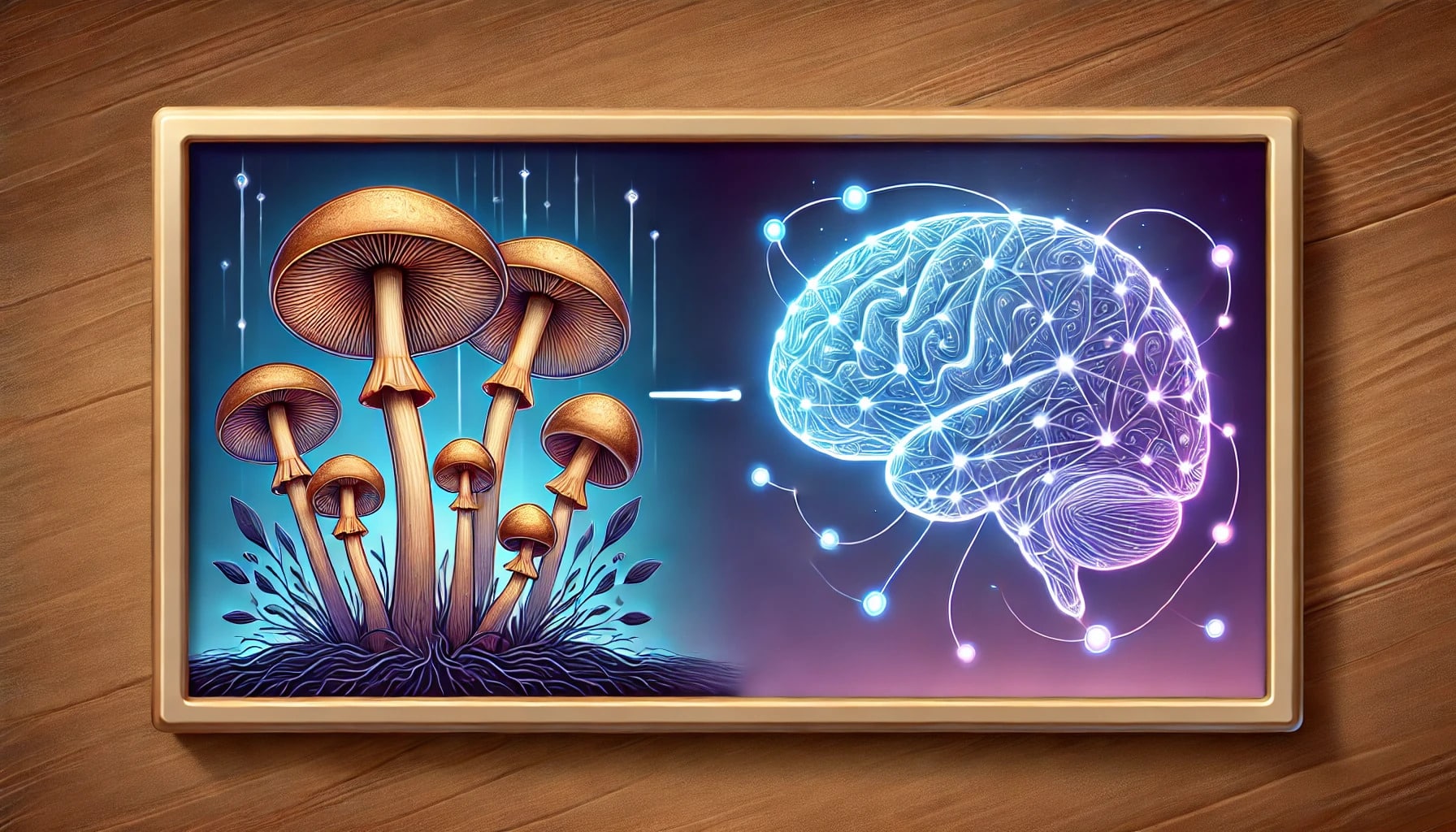
In New Zealand, there is good news: there will hopefully be research into the potential of psilocybin for meth addiction. The Māori people in particular are plagued by addiction to this drug. Although there are plans for the study, there are still some snags in setting it up, but the researchers are hopeful.
In New Zealand, people are also increasingly seeing the potential for psilocybin mushrooms for addiction, so also for meth addiction. But the substance is unfortunately still illegal even there and is a Class A drug covered by the Misuse of Drugs Act. But recently, the director general of New Zealand’s Ministry of Health authorized cultivation of psilocybin mushrooms intended for research. It is Psilocybe Weraroa, a magic mushroom found only in New Zealand.
The research license was given to Rua Bioscience, a biopharmaceutical company based in Tairāwhiti. The plans for research are the basis for collaboration between various organizations, with the goal of helping those addicted to methamphetamines. Not only is this company collaborating, so are traditional practitioners of Māori medicine, the Environmental Science and Research (ESR) organization, the Universities of Auckland and Waikato, Manaaki Whenua Landcare Research, Mātai Medical Research Institute, iwi health professionals (who work with the Māori on holistic principles) and other stakeholders.
The plans are an important step forward to combat meth addiction. In New Zealand, meth use is a huge problem, especially among the Māori population. It is hoped that the unique collaboration between companies and traditional healers will contribute to the success of the plans. Rua Bioscience director Paul Naske believes that combining medical research and the knowledge and experience of traditional rongoā practitioners in particular can lead to new insights around cultivation techniques, as well as the fact that the research takes place in a safe environment where each culture has its place.
The problem of meth is particularly prevalent on New Zealand’s east coast. Wastewater research shows that Northland has the highest per capita methamphetamine consumption, followed by Waikato. Māori use meth much more often than non-Māori. They are also more often criminalized for it.
We often think of New Zealand as a paradise, sparsely populated with high mountains familiar from the Lord of the Rings movies. But, of course, it is still a country that was colonized. The original people, the Māori, arrived in New Zealand around 1250 AD. They were from Polynesia. It was Abel Tasman from Groningen who discovered New Zealand in 1642 and named it after the province of Zeeland. Although it was discovered then, it took several hundred more years before the country became a colony of England, in 1840. The Māori recognized British sovereignty and were granted the same rights as the British. Yet many conflicts arose around land use. The British population then grew rapidly.
Today, the Māori still suffer greatly from discrimination and racism. This leads to mental health problems, they generally have poorer physical health, and all of this encourages addictions.
The Māori are certainly familiar with magic mushrooms as well. They had been using the indigenous Psilocybe Weraroa for centuries because of its medicinal properties. They too are convinced that these mushrooms can help break stuck patterns.
Yet progress in setting up research on the potential for psilocybin in meth addiction has been slow. For now, the license issued is only for research on mushroom cultivation. If clinical research is to be done, that again requires additional consent. The purpose of this initial cultivation phase is to determine the psilocybin levels in the fungi and how consistent these levels are. This will help for accurate dosing when research is done on human patients.
But there is hope. By now, many people are convinced of the power of psychedelics, such as psilocybin and LSD. It is possible that these substances can promote brain plasticity, allowing new connections to be made between different areas of the brain. Because of this, psychedelics can be useful for mental disorders such as depression, trauma and addiction.
Psychedelics and brain plasticity
Research on psilocybin for addiction (New Zealand)
Research on this is already underway in New Zealand. A study is underway at the University of Auckland (they are now in the second phase of clinical research) on microdosing LSD for depression. It was based on previous conclusions from research in which people who microdosed LSD for six weeks reported improvements in their mood, energy, creativity and sense of connection. No problems were reported in terms of safety of the drug.
Research on LSD microdosing

Multiple studies have also been set up worldwide on the effectiveness of psilocybin on health problems, such as opioid addiction, PTSD, eating disorders and alcohol abuse. Australia has also seen increased interest in psychedelics in therapeutic settings for several decades. There, psychiatrists may prescribe MDMA for post-traumatic stress disorder and psilocybin for severe depression. In recent years, the Australian government put more than $16 million into seven clinical trials investigating the potential of psilocybin, MDMA, DMT and CBD as treatments for mental health conditions.
In New Zealand, they are a bit more conservative and do not seem likely to encourage such studies on such a scale. But the Health Research Council in New Zealand independently did support such research, such as the research on psilocybin in meth addiction. The Council tentatively awarded $300,000, over the next 18 months as for the research program. Here in the Netherlands, you can do your own magic mushrooms at home. Check out our grow kits from All in One, Fresh Mushrooms and Mystic Fungi.
The information in this article is for informational and educational purposes only. While we do our best to provide accurate and up-to-date information, this article cannot replace professional medical, legal or other advice.



Valid from Dec 17 to Dec 27, 2024
Use the code below at checkout to receive 10% off the entire order.

